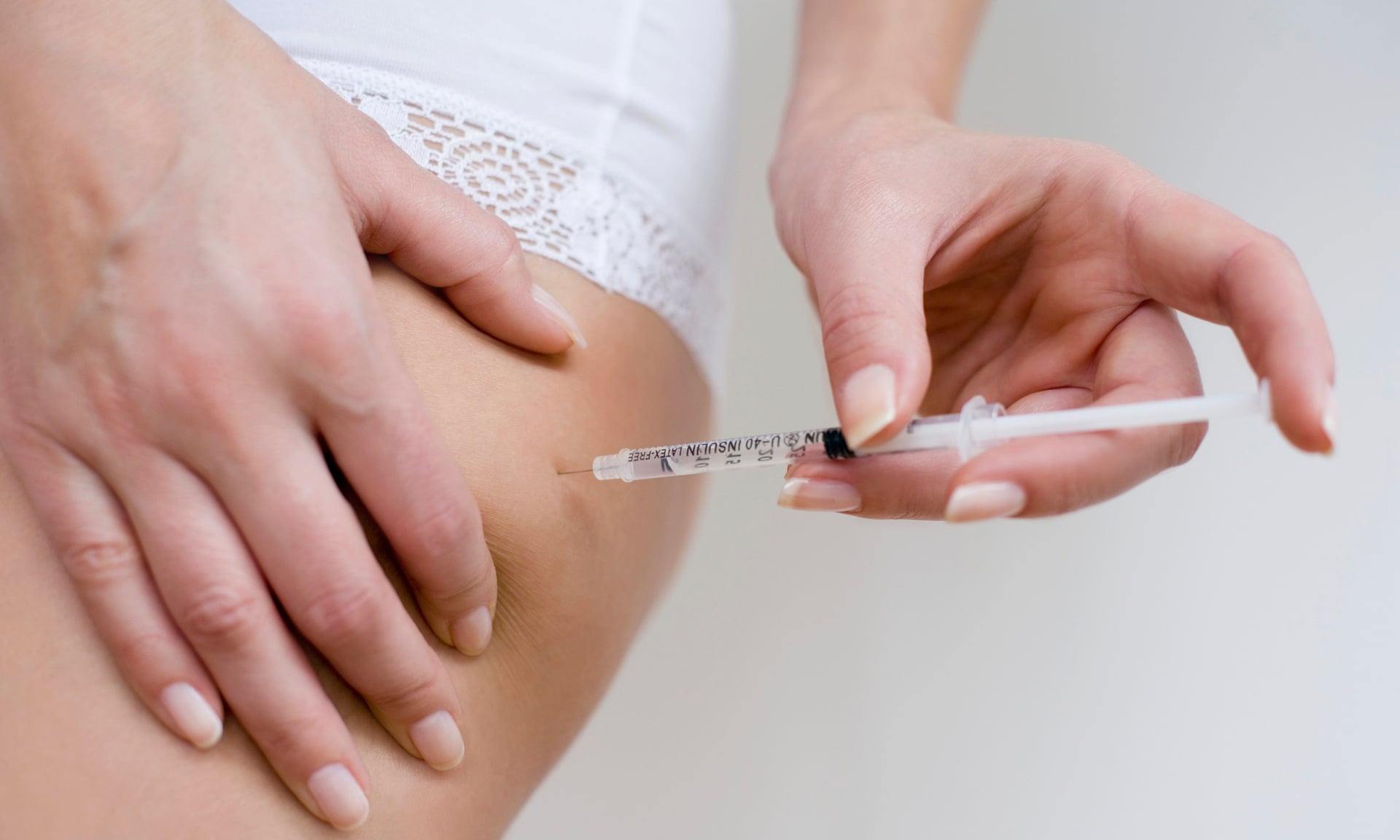Type 1 diabetes is an autoimmune disease that causes the
body to kill off all of its pancreatic beta cells. A new diabetes treatment can potentially eliminate the need to inject insulin, thanks to a cell-based treatment. Instead of insulin injections, a new diabetes treatment would include only having to get an implant. This implant would need to be replaced
only three times a year. In this new form of therapy, a capsule of genetically engineered cells would be implanted under the skin. This
capsule would release the needed amount of insulin just as an injection would.
In an experiment to test the safety, diabetic mice were
treated with these cells and ended up having normal blood sugar levels for
several weeks. Scientists are working hard to obtain a clinical trial license in order to test
this technology in patients. The treatment would be able to work with type 1and type 2 diabetes patients and scientists are hopeful to start testing in patients in little as 2 years. A lead
researcher at the ETH university in Basel, Martin Fussenegger, states, “By 2040,
every tenth human on the planet will suffer from some kind of diabetes”.
Fussenegger’s team re-engineered human kidney cells, or HEK cells to perform the
same function that the pancreas performs. It introduced two cells: one to make
them sensitive to glucose levels and another to instruct the cell to pump out
insulin when glucose levels exceeded a threshold. Overall, in the study, the
engineered HEK cells actually outperformed the normal pancreatic cells. The
ability of them to regulate blood sugar in mice worked very well. If this same
procedure can happen for humans, the cells would not need to be genetically
matched to the patient. The frozen capsules could be manufactured on an
industrial scale. This technique is said to be in the market within a decade.I think this would be an amazing advancement, considering that individuals would not need to inject insulin several times a day.

This is a very interesting article about another method of treatment for diabetics. My younger brother has type 1 diabetes, although he uses an insulin pump to administer his insulin automatically rather than the shots. However, the administering site must be switched about every four days, and the pump is attached externally. The implant talked about in this article would make things much easier for my brother, as it needs tending to a few times a year rather than every four days, as well as the fact that it would be under the skin and therefore less of a nuisance than the external insulin pump, which can get in the way during physical activities. I will definitely be keeping up with the progress of the clinical trials so that my brother can get the implant to use if it is approved.
ReplyDeleteThe prevalence of diabetes in the world has unfortunately increased. Researchers in the medical field have taken this as an opportunity to improve treatments as seen through this article. So from this new method, the amount of time consumed to inject the insulin decreases but what about the cost? Will this new device be a good investment considering it saves time throughout the day? Although it may seem like a great idea, the cost might not be within the budget of some patients to replace the insulin injection altogether.
ReplyDeleteThis is a really informative article about the evolving treatment for diabetes. Both of parents and grandparents have diabetes and so I am prone to getting it later in life. I think this effort of improvement is an excellent advancement that will definitely help the next generation of diabetics. However, even though time it takes to inject an insulin is decreased by a lot, the cost of this newly developed pump is something to be concerned about.
ReplyDeleteWould this implant form of treatment also remove the need to constantly check blood sugar levels? It is good to know that efforts are being made to improve the lives of diabetics, and to know that there are other options for those prone to having diabetes.
ReplyDelete